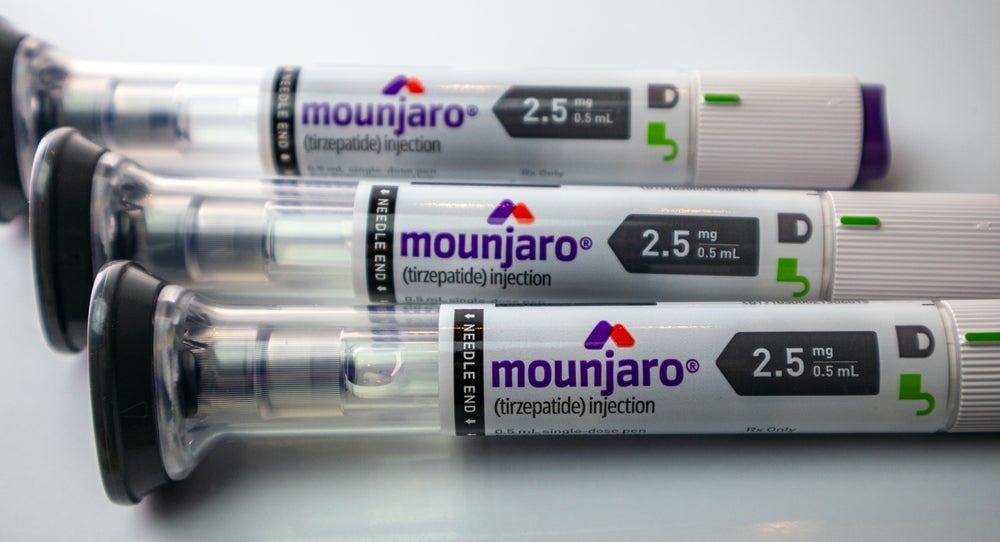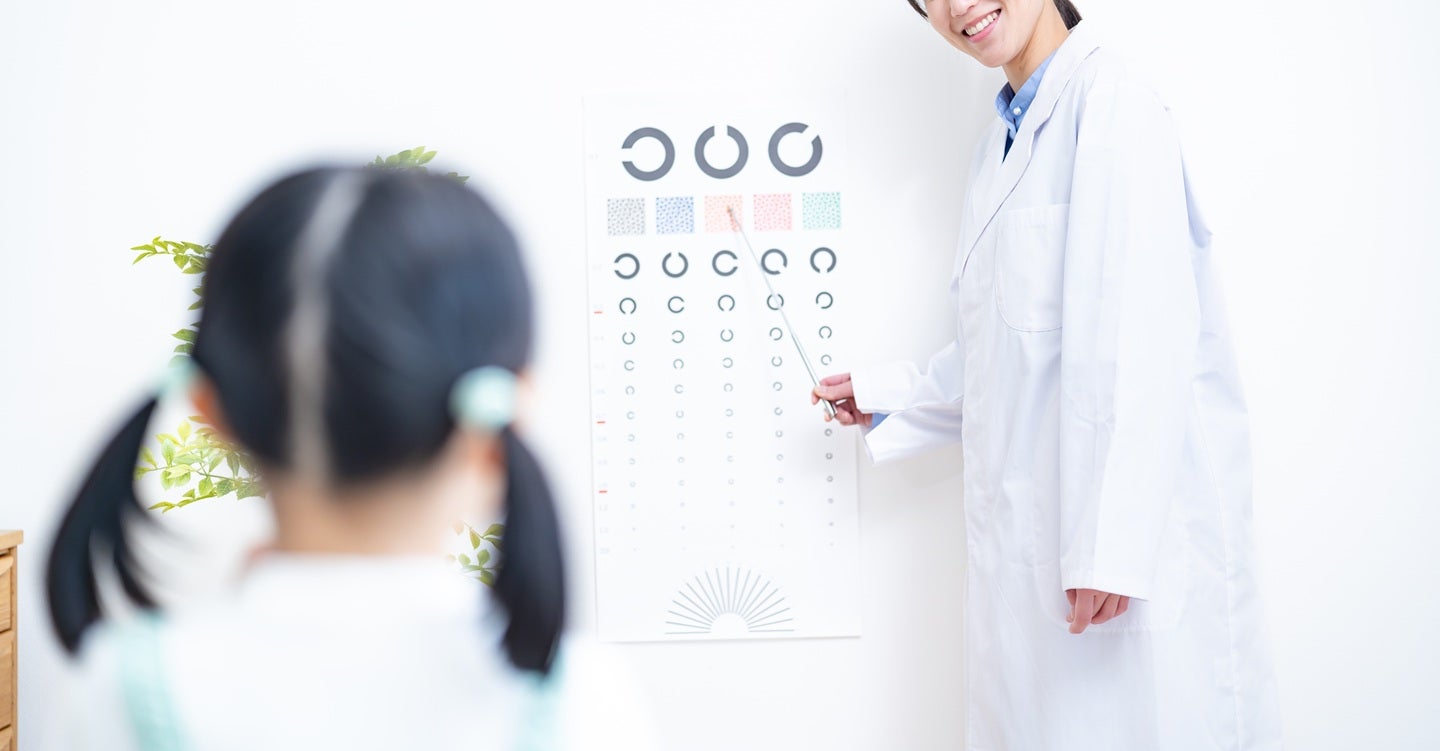Streamlined Health Data Exchange: A Holistic Approach to Improving Healthcare Integration
The U.S. Department of Health and Human Services (HHS) has been making significant strides in utilizing electronic health record (EHR) data to enhance various facets of the health ecosystem. This transformation is not just about organizing data; it extends to improving patient outcomes, optimizing public health strategies, and integrating healthcare delivery systems on a national […]


The U.S. Department of Health and Human Services (HHS) has been making significant strides in utilizing electronic health record (EHR) data to enhance various facets of the health ecosystem. This transformation is not just about organizing data; it extends to improving patient outcomes, optimizing public health strategies, and integrating healthcare delivery systems on a national scale. By harnessing the power of technology and data analytics, HHS aims to create a more robust healthcare framework.
Electronic health records have evolved from mere documentation tools to pivotal resources that provide comprehensive insights into patient health trends. They enable healthcare providers to access detailed patient histories, treatments, and outcomes promptly. This accessibility not only enhances clinical decision-making but also fosters collaborative care among healthcare professionals. As a result, the quality of patient care is significantly elevated, allowing for more individualized treatment strategies.
Furthermore, the integration of EHR data has transformative potential in public health surveillance. Data drawn from these records can be leveraged to identify disease outbreaks, assess population health needs, and develop targeted interventions. For instance, during public health crises, such as the COVID-19 pandemic, real-time access to health records has proven invaluable for tracking infection rates and vaccination efforts. This intricate interplay between technology and data analysis is setting new benchmarks for public health response mechanisms.
Patient monitoring is another vital area where electronic health records shine. With the establishment of remote monitoring protocols, healthcare providers can now keep track of patients’ conditions outside of traditional clinical settings. By using EHR data in conjunction with wearable devices, providers can receive continuous updates about patient health, leading to timely interventions and better health outcomes. This shift toward proactive health management resonates well with the evolving expectations of patients who seek more engaged and responsive healthcare.
The advancement of health information technology, especially EHR systems, also exacerbates the excitement around personalized medicine. By analyzing large datasets, researchers and clinicians can identify patterns that inform tailored treatment plans. This not only enhances the efficacy of interventions but also minimizes trial and error in therapeutic approaches. The result is a healthcare model that is both efficient and deeply responsive to the unique needs of individual patients.
Moreover, the ethical implications of utilizing EHR data cannot be overlooked. As the healthcare community embraces technology, maintaining patient privacy and data security becomes paramount. HHS is actively working to implement rigorous safeguards to protect sensitive information while promoting the benefits of EHR data utilization. These efforts underscore the importance of balancing innovation with ethical responsibility in advancing healthcare solutions.
As health policies continue to evolve, the role of healthcare data is becoming increasingly significant. Policymakers are now recognizing the necessity of incorporating data-driven decision-making into healthcare reforms. This realization has catalyzed a more profound dialogue around the allocation of resources and defining priorities in public health initiatives. The ability to derive insights from EHR data is seen as a game-changer in achieving equitable and efficient healthcare delivery nationwide.
The technology landscape has also seen dynamic innovations designed to support the specifics of health data management. Advanced artificial intelligence and machine learning algorithms are now being employed to process vast amounts of healthcare data, transforming how healthcare providers interpret and utilize EHRs. These technologies can detect anomalies, forecast patient outcomes, and optimize treatment pathways—all of which create an environment that fosters better health and well-being.
Through ongoing collaboration between government entities, healthcare providers, and technology firms, the potential of electronic health records is poised to be fully realized. These partnerships are essential for developing user-friendly systems that streamline data sharing while upholding the highest standards of patient care. Such collaborative efforts ensure that EHR systems are not static; they are continuously evolving to meet the changing demands of healthcare professionals and patients alike.
Importantly, there’s a growing recognition of the role that education and training will play in maximizing the utility of electronic health records. Healthcare professionals, from physicians to administrative staff, need thorough training in using these systems. Enhanced education will lead to a more knowledgeable workforce adept at leveraging data insights to improve health outcomes and workflow efficiencies.
In conclusion, the use of electronic health records by the U.S. Department of Health and Human Services represents a pivotal movement in healthcare innovation. By focusing on patient-centered approaches, public health optimization, and technological integration, HHS is pioneering pathways that are set to transform health systems nationwide. The future of healthcare is undoubtedly intertwined with the intelligent use of data, and as EHR systems become more sophisticated, the promise of improved health outcomes for individuals and communities becomes an achievable reality.
Subject of Research: Utilization of Electronic Health Records
Article Title: The Transformative Power of Electronic Health Records in Modern Healthcare
News Publication Date: TBD
Web References: TBD
References: TBD
Image Credits: TBD
Keywords: Electronic Health Records, Patient Care, Public Health, Data Analytics, Healthcare Technology, Personalized Medicine, Health Information Security, Population Health, Healthcare Innovation, Remote Monitoring, Artificial Intelligence, Machine Learning.
What's Your Reaction?


































